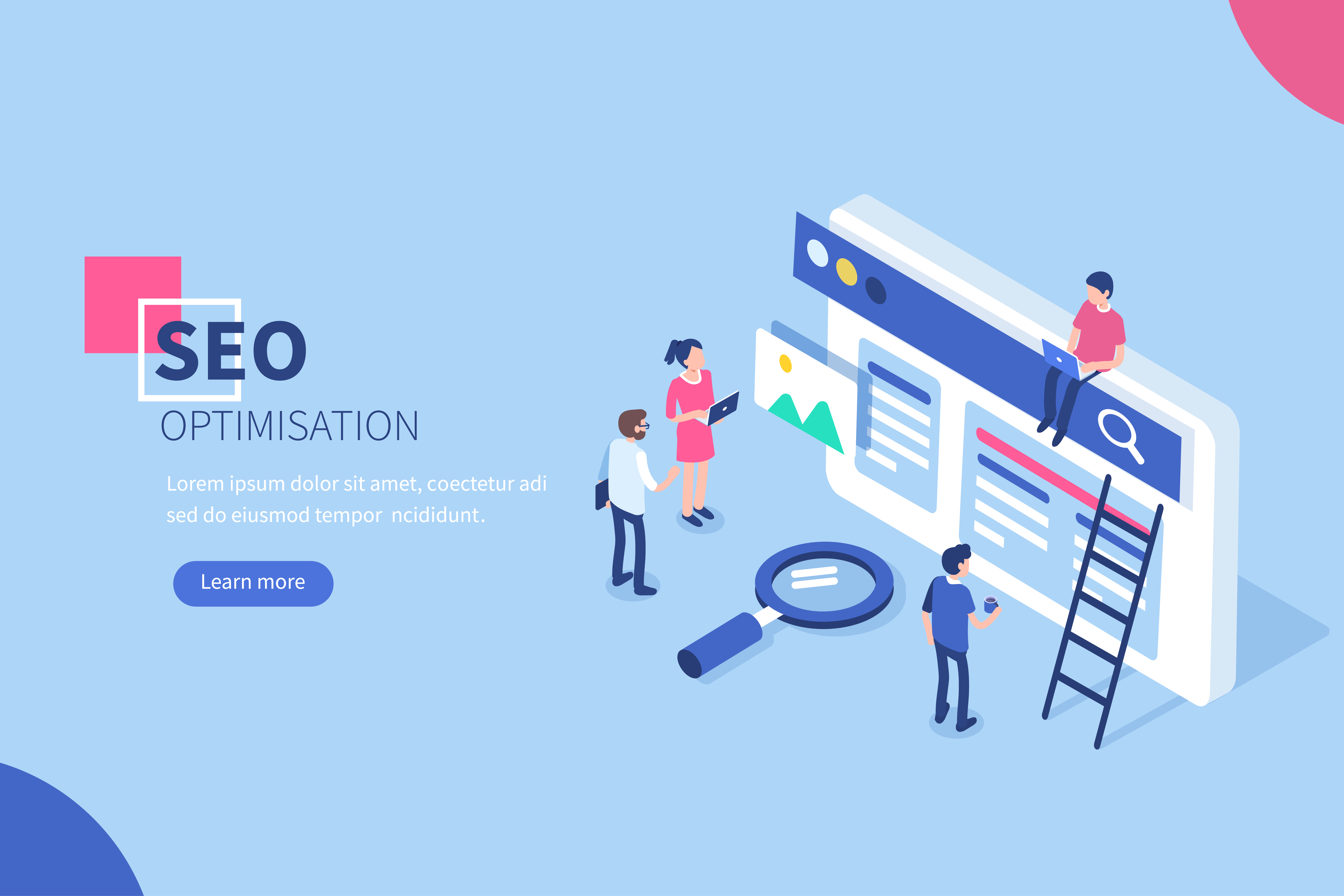If you are new to search engine optimization or SEO, do not be intimidated by all the jargons that are being thrown at you. To put it simply, SEO the process of helping websites rank on search engines such as Google, Yahoo, and Bing. If you want to learn, just keep in mind that although it’s difficult, SEO is not rocket science.
If you are truly interested, you can learn it on your own and at your own pace so you can be on your way to becoming a consultant and help your clients with their businesses. Experts like those at https://www.webmarketing123.com have done several tests that yielded the best possible results.
Next are some of the results in relation to basic strategies that you should learn first:
1. Keyword Research
The entire search engine optimization process starts with keyword research. You need to judge the value of your keyword. This means that you also need to understand your own website and determine which searches earn more revenue. When you decide on a keyword to optimize for, you need to consider these factors:
- The keyword should be relevant to the content on your website.
- If internet users search for that keyword, they should get the results they need.
- That particular keyword should earn revenue or at least meet the website goals.
- Internet users need to be satisfied with what they are going to find.
If you are optimizing for multiple keywords, then all of it should meet these considerations.
The next thing you have to do is search for competition. Use tools such as Google Keyword Planner to determine what kind of competition you have. If the competition is high, try optimizing for long-tail keywords by adding the city or county where your business is located. Here are some tools you can use for keyword research:
- Moz Keyword Explorer
- Google AdWords Keyword Planner Tool
- Microsoft Bing Ads Intelligence
- Google Trends
2. User Experience
One of the top reasons why bounce rate is high is because of poor user experience. When bounce rate is high, you will have difficulty ranking your website on search engines. Websites need to be able to retain users by at least two minutes for it to be considered a success. Your website will then be interpreted as high quality.
Creating a website that is easy to navigate, and containing relevant content is part of how you achieve quality user experience. This may sound too cliché, but it is nonetheless true. The purpose of searches is very simple. Internet users want to learn, understand, find, buy, solve, fix, and treat.
Search engines have become more “intelligent” that they are more capable of understanding what users want so they give search results that address the intent of users. When your website answers the needs of the users, your ranking also improves. Quality content could include the following:
- Blog posts
- Tutorials and How to guides
- Industry articles
- Podcasts
- Videos
3. SEO Tools and Protocols
There are a lot of tools that you can use to track and measure data for SEO. Search engines even provide free tools that you can use. Listed below are some good tools and protocols that you can easily learn how to use. Here are some of them:
Google Search Console
Key features
- Geographic target – Use this when you want to target a specific location.
- Prefered domain – Lets you set the domain to be indexed, e.g. www.domain.com instead of https://www.domain.com
- URL parameters – Lets Google crawl site more efficiently
- Malware – You will be informed if your site has malware
- Crawl errors – Google will report if they find errors on your website
Bing Webmaster Tools
Key features
- Traffic – You can get data on impressions and click-throughs from Bing and Yahoo!.
- Index – This allows the webmaster to have control over what content is being indexed.
- Crawl Stats – You can get reports about the pages that have been crawled and errors found.
- Sites overview – Lets you see the overall performance of your website.
4. Use Search Engine Protocols
Search engine protocols you need to have on your website to help with ranking:
- Sitemap – This helps search engines find content on your website and classify them. Your sitemap should include:
- XML
- RSS
- Txt
- txt – This text file is used by webmasters when they want to give instructions to crawlers like disallowing them from crawling certain pages. It includes commands such as:
- Disallow
- Crawl-delay
- Sitemap
Conclusion
SEO may be complex, but it will get easier as you go along. It takes time and commitment to even understand the basics and it all cannot be explained in just one go. There are a lot of resources that you can use to improve your SEO skills and you need to practice every chance you get. The competition is great so you need to be willing to do some hard work.
Thanks for reading this article. If you're new here, why don't you subscribe for regular updates via RSS feed or via email. You can also subscribe by following @techsling on Twitter or becoming our fan on Facebook. Thanks for visiting!


























































































































































































